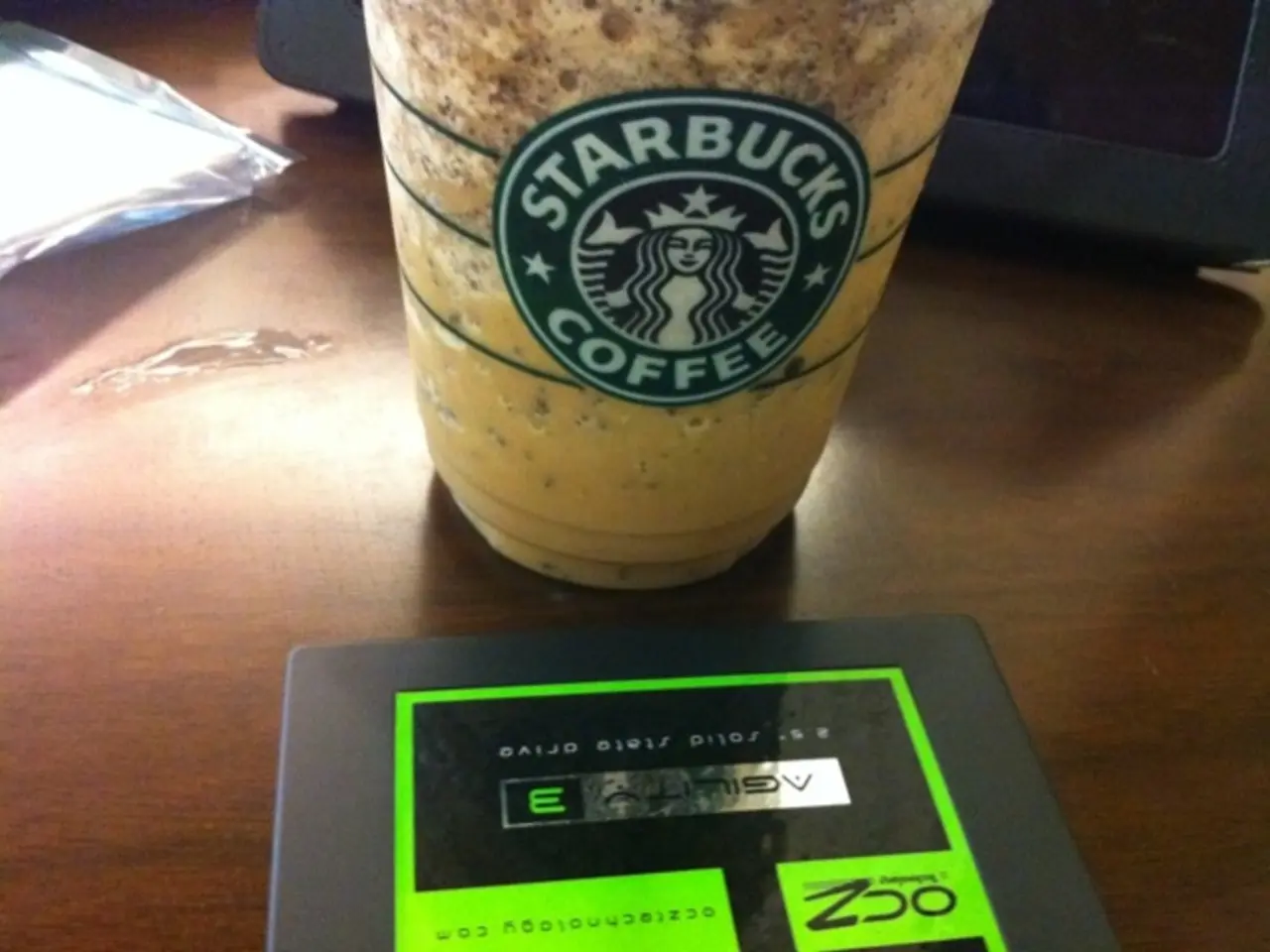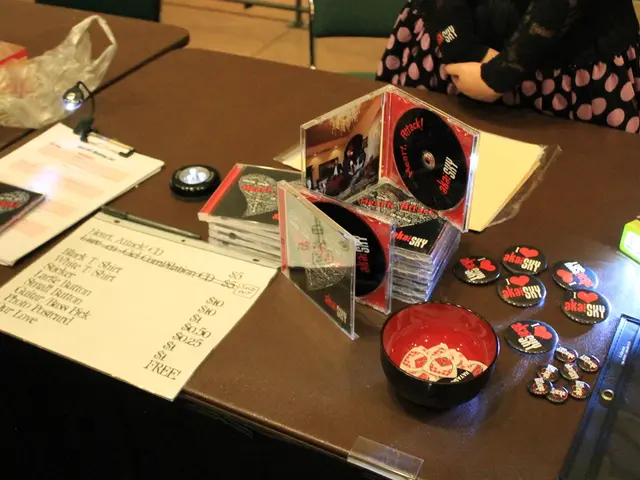Starbucks enhances loyalty program in China amid intensifying rivalry in the coffee industry
Starbucks Upgrades Membership Program and Partners with Hilton Hotels in China
Starbucks, the world-renowned coffee chain, is making significant strides to strengthen its presence in the highly competitive Chinese market. The company announced a series of upgrades to its Rewards program on June 19, aiming to attract more consumers and tighten its edge.
The changes include the introduction of a new membership tier, Diamond members, which precedes the Gold tier. To become a Diamond member, customers must earn 100 growth points annually, roughly equivalent to spending RMB 5,000 (USD 687) per year. Diamond members will enjoy birthday gifts and priority services.
In addition, the mechanics of the tier system have been modified to provide more equal benefits to Welcome and Green members. The upgrades were accompanied by a new app update, which also features a fresh new look for the app's icon and interface.
Starbucks is committed to fortifying its premium brand in China. The company is focusing on deeper engagement with social media, live streaming, product innovation, and digital transformation. Laxman Narasimhan, CEO of Starbucks, believes that the company's competitive advantages beyond pricing will help it stand out in the long run.
However, Starbucks underperformed in China during the second quarter of this year, with a 3% revenue decrease. Despite opening 118 net new stores in China during the same period, it wasn't enough to counterbalance the revenue sag. The decline in revenue was primarily due to a 8% reduction in average ticket size and a 4% decrease in transactions.
In an effort to boost revenue, Starbucks is partnering with Hilton Hotels in China. On June 20th, the two companies launched a new coalition membership system. Hilton Honors and Starbucks Rewards members can now earn bonus points and gain access to each other's membership benefits. This is the first time Starbucks is partnering with a hotel brand in China.
Narasimhan stated that Starbucks is choosing not to participate in intense price competition in the mass area of the China business. Instead, the company is focusing on providing unique experiences and benefits to its customers.
Starbucks has a distinct end-to-end supply chain in China and is steeped in coffee tradition, contributing to its unique brand identity in the country. Compared to the previous quarter, Starbucks saw a 20% revenue boost in China, but the average ticket size still shrank by around 9%.
The collaboration with Hilton Group follows a similar arrangement with the Marriott Bonvoy program in the US, announced recently. Starbucks is upgrading its membership system as part of a broader strategy to maintain its competitive edge in the Chinese market.







